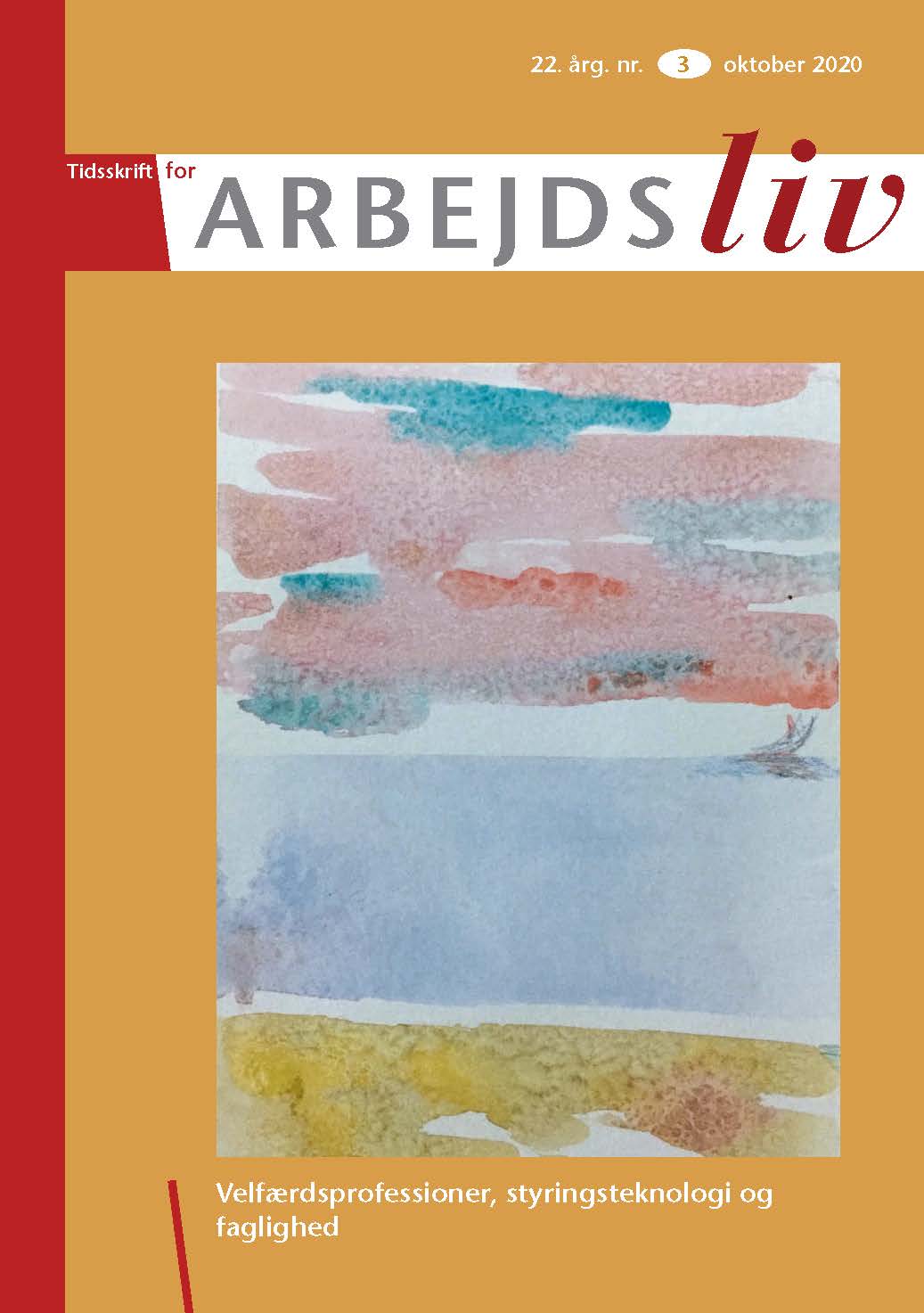Decision support systems in child welfare services - The construction of a new form of knowledge
DOI:
https://doi.org/10.7146/tfa.v22i3.122824Keywords:
Professionelt skøn, Socialt arbejde, Kunstig intelligens, Akutvurdering, VidenAbstract
Currently more and more artifi cially intelligent decision support systems are introduced into social work. Danish municipalities, including Copenhagen Municipality Citizen center for children and youth (BBU), are developing and testing decision support systems to assess referrals. By employing and learning from large datasets, the aim is to reduce insecurity and support, qualify future assessments and decisions, structure and thereby enable earlier interventions, and ultimately deliver more welfare for lesser resources. The decision support system calculates on the basis of mathematical models whether a notifi cation is urgent. The assessment basis is thus quite different from the social worker’s and the system’s calculation model can be said to constitute an alternative form of knowledge. Based on interviews with IT-developers, IT-strategists and consultants in BBU as well as policy and work documents, I examine how the decision support system in BBU is developed in order to contribute to the understanding of this form of knowledge. Design and analysis draw on Actor-Network Theory and in particular the concept of translation, which is used to unfold and interpret the various translation processes through which the decision support system’s assessment is constructed as mathematical and neutral calculations. The article concludes that social workers’ and IT-developers’ choices and evaluations are integral parts of the decision support system, and that it is essential that the system remains open and learns from social workers professional assessments in the future. Finally, I discuss the perspectives of social work in relation to the increased focus on artifi cially intelligent decision support systems.
Downloads
Published
How to Cite
Issue
Section
License
Forfattere, der publicerer deres værker via dette tidsskrift, accepterer følgende vilkår:
- Forfattere bevarer deres ophavsret og giver tidsskriftet ret til første publicering, samtidigt med at værket ét år efter publiceringen er omfattet af en Creative Commons Attribution-licens, der giver andre ret til at dele værket med en anerkendelse af værkets forfatter og første publicering i nærværende tidsskrift.
- Forfattere kan indgå flere separate kontraktlige aftaler om ikke-eksklusiv distribution af tidsskriftets publicerede version af værket (f.eks. sende det til et institutionslager eller udgive det i en bog), med en anerkendelse af værkets første publicering i nærværende tidsskrift.
- Forfattere har ret til og opfordres til at publicere deres værker online (f.eks. i institutionslagre eller på deres websted) forud for og under manuskriptprocessen, da dette kan føre til produktive udvekslinger, samt tidligere og større citater fra publicerede værker (se The Effect of Open Access).





